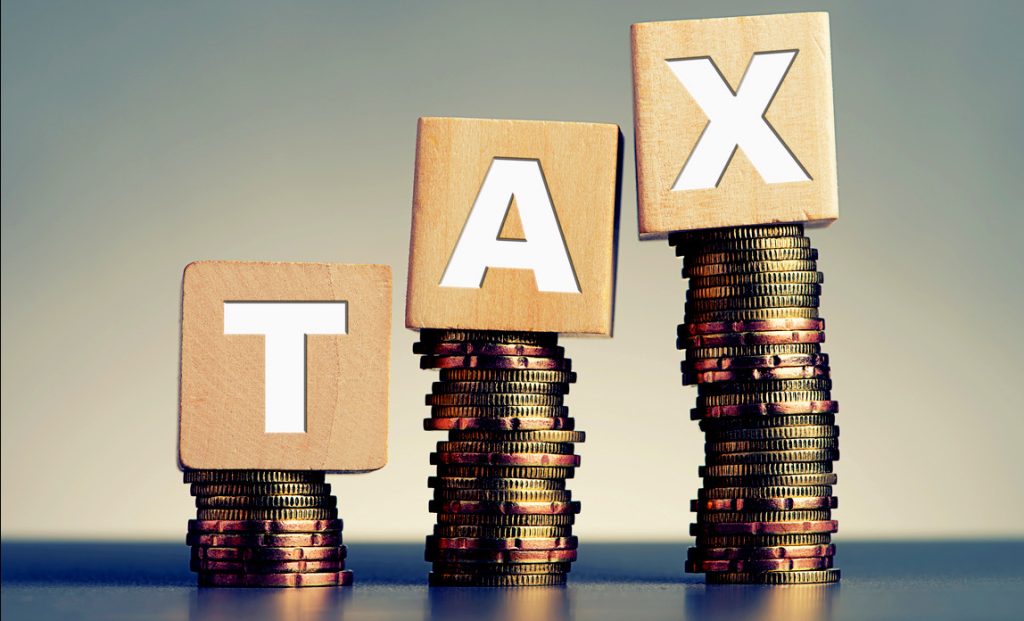A company is a legal entity formed by a group of individuals or entities to conduct business activities. It is a separate legal entity from its owners and has the ability to enter into contracts, own assets, and be liable for its own debts and obligations. Companies are typically managed by a board of directors, and ownership is determined by shares held by shareholders. A Limited Liability Partnership (LLP) is a hybrid business structure that combines the features of a partnership and a company. It provides limited liability protection to its partners, meaning their personal assets are protected from the LLP’s debts or liabilities. LLPs are managed by partners and have flexibility in their internal structure and management. Both companies and LLPs offer legal protection to their owners and provide a formal framework for conducting business activities, but they differ in terms of liability protection and management structure. The choice between a company and an LLP depends on various factors, including the nature of the business, liability concerns, and governance preferences.
GST registration refers to the process of enrolling a business or individual for the Goods and Services Tax (GST) system implemented in many countries, including India. GST is a comprehensive indirect tax levied on the supply of goods and services. Under GST, businesses meeting certain criteria are required to register and obtain a unique Goods and Services Tax Identification Number (GSTIN). This number is used for all GST-related transactions and compliance. GST registration involves submitting relevant information and documents to the tax authorities, such as business details, turnover, and tax-related records. Once registered, businesses are obligated to collect and remit GST on their supplies and file regular GST returns as per the prescribed timelines. GST registration ensures compliance with tax laws, allows businesses to avail input tax credits, and facilitates the seamless flow of credits and tax payments throughout the supply chain. It is mandatory for eligible businesses to register for GST to operate lawfully and participate in the tax system.
MSME registration refers to the process of registering a business under the Micro, Small, and Medium Enterprises Development (MSMED) Act in India. MSME registration is optional but provides various benefits and incentives to small and medium-sized enterprises. It is aimed at promoting and supporting the growth of these businesses by facilitating easier access to credit, subsidies, tax benefits, and government schemes. To qualify for MSME registration, businesses need to meet certain criteria regarding their investment in plant and machinery or equipment and turnover. The registration process typically involves submitting the required documents and information to the relevant government authority, such as the District Industries Center or the Udyam Registration portal.
A trademark is a word, colour, slogan, logo, shape of goods, smell, sound, or three dimensions that you use to distinguish your product from competitors’ products. Trademarks are distinctive identifiers that make your product, service, or company stand out from the competition. A registered trademark is an intellectual property or intangible asset of your company. Trust and loyalty are safeguarded by it. An individual or a company can register a trademark with Trademark Registration Online In India. When a trademark is registered, the person whose name is entered as the applicant on the registration form becomes the owner of the trademark. In addition to preventing others from using your registered trademark, you can sue people who attempt to copy it. Protect your brand identity and the trust your customers have in it with ease, thanks to our team of experts and the best Trademark Registration Company. Nepal is a landlocked country in South Asia. It is mainly situated in the Himalayas, but also includes parts of the Indo-Gangetic Plain, bordering Tibet of China to the north, and India in the south, east, and west, Nepal is the country of Mount Everest, the highest mountain peak in the world, and the Birthplace of Gautama Buddha- Lumbini. Mountaineering and other types of adventure tourism and ecotourism are important attractions for visitors. A copyright is a right not to copy the work of another person. A copyright grants the subject’s owner exclusive ownership of his work. When a work is protected by copyright, no one can duplicate it in any way. Copyright, a type of legal right and protection for intellectual property, is granted to authors of literary, dramatic, musical, and creative works, as well as those who create cinematograph films and sound recordings. Copyright registration is a safeguard that ensures both the reward of creativity and the protection of intellectual work. Because innovation is the bedrock of development, no civilized society can afford to ignore the imperative of encouraging creativity. Although it is a natural right, it is strengthened by registration under copyright laws. Copyright can be used to protect artwork, books, manuscripts, movies, instruction manuals, software, literary works, and other works, among other things. With the help of Applytrademark, you can easily register your copyright registration in India.
Lorem ipsum dolor sit amet, consectetuer adipiscing elit. Aenean commodo ligula eget dolor. Aenean massa. Cum sociis natoque penatibus et magnis dis parturient montes, nascetur ridiculus mus. Donec quam felis, ultricies nec, pellentesque eu, pretium quis, sem. Nulla consequat massa quis enim. Donec pede justo, fringilla vel, aliquet nec, vulputate eget, arcu. In enim justo, rhoncus ut, imperdiet a, venenatis vitae, justo.
Donec vitae sapien ut libero venenatis faucibus. Nullam quis ante. Etiam sit amet orci eget eros faucibus tincidunt. Duis leo. Sed fringilla mauris sit amet nibh. Donec sodales sagittis magna. Sed consequat, leo eget bibendum sodales, augue velit cursus nunc,



